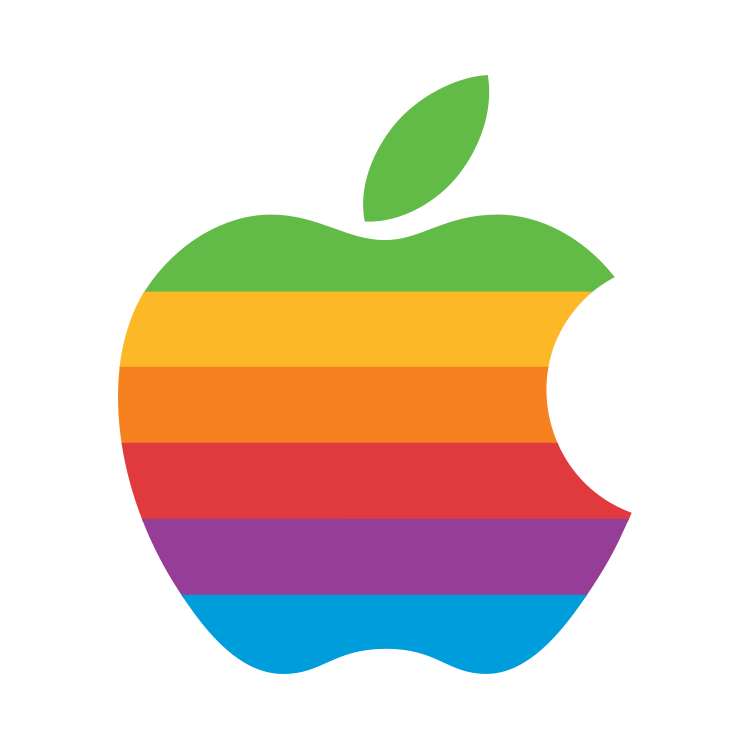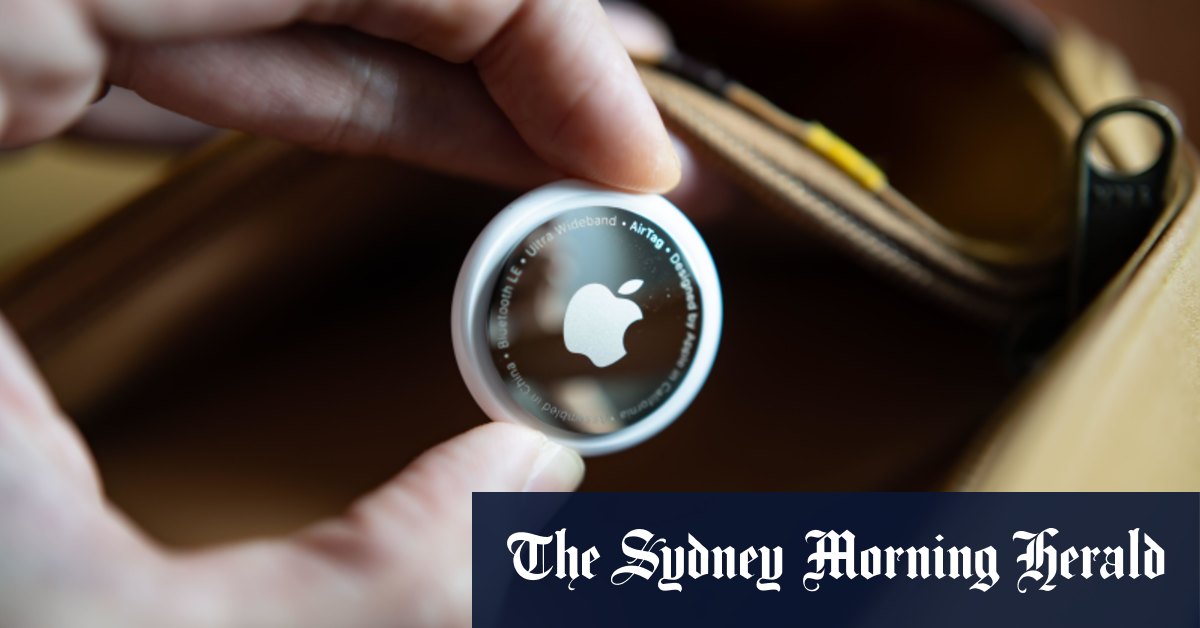Roads, electricity, Internet, water, everything helps drug traffickers. Shut up.
Yeah, seems like the border police could shift tactics and just open up any container with an air tag in it. In addition to that, the air tag has to be registered with an Apple account, so that could eventually lead to a suspect as well.
Every gadget and technology can be used by drug traffickers and criminals. Even cars.
The airtag increased by $20?
The article just repeated the same thing over and over. I was waiting for the big aha moment and it never arrived.
Other things that help drug traffickers by this logic:
- The atmosphere
- Car companies
- Gun companies
- Telecom companies
- Banks
- Drugs
- Currencies
Ahhh, the Sydney Morning Herald. Once a fine newspaper….
Just read the last paragraph.
If used for criminal activity police can get the iCloud account and all other information about who the AirTag is linked to. I’m sure they try to obfuscate that as much as possible, but I’m pretty sure criminals who use those means will often get caught.
These are tied to burner accounts/phones.
GTFO with this nonsense
Delete this garbage post OP. What an idiot
Those drug dealers are getting ripped off if they’re paying $49 for AirTags. They’re literally half the price of that.
And there’s an app to check if any airtags are nearby, so maybe law enforcement could adapt to the new world too? It’s not hard to find a nearby tracker.
Apple’s $49 consumer tracking gadget, AirTag, is being used by international drug smugglers to circumvent Australian customs and police operations at ports.
Two sources in federal and state law enforcement have told this masthead that AirTags, as well as other cheap commercially available GPS systems, have become standard tools for criminal syndicates to discover whether cocaine and methamphetamine shipments have been compromised in anti-drug operations.
It’s a novel repurposing for the Apple device, which was intended as an inexpensive way for consumers to keep track of easily misplaced items such as keys, wallets, baggage or lost pets. AirTags are tracked by Bluetooth signals, which are emitted by millions of Apple products and can be used to pinpoint the location of a single device by its owner.
“These devices send the location of your AirTag to iCloud — then you can go to the Find My app and see it on a map. The whole process is anonymous and encrypted to protect your privacy. And itʼs efficient, so thereʼs no need to worry about battery life or data usage,” Apple promotional materials say.
An AirTag is about the size of an Australian 50¢ coin, weighs 11 grams and has enough battery power to remain active for about a year.
Criminal syndicates have repurposed the off-the-shelf technology as remote monitoring systems for contraband shipments, using the Find My feature to track whether drug shipments are being moved by law enforcement during customs inspections or the drugs substituted for inert substances as part of stings known as “controlled deliveries”.
The low cost of the devices and ease of setting up AirTags using falsified account information have made their use “very common” in drug-smuggling networks, according to law-enforcement sources who cannot be identified speaking about operational matters.
“The Australian Border Force is alert to the issue of criminal groups placing tracking devices such as Apple AirTags into attempted illegal imports. This is not a particularly new phenomenon but, anecdotally, it would seem to be an increasing one,” a Border Force spokesperson said.
“We are working closely with our law-enforcement partners in response to this issue but are unable to comment further for operational and security reasons.”
Last week, a tracking device was found by authorities inside a massive shipment of cocaine. The Australian Federal Police seized 154 tonnes of the drug – worth an estimated $61 million – attached to the hull of a cargo ship in Melbourne. Police have not disclosed what kind of device was found.
A federal police spokesperson said Australia remained a “lucrative target for transnational serious organised crime because Australians are willing to pay high prices for illicit drugs, particularly methamphetamine and cocaine”.
“Criminals will try any method they can to import drugs into Australia,” they said. “That is why the AFP is working closely with partners to monitor known drug transit routes, such as freight and mail.”
Apple Australia declined to comment on the misuse of its technology for criminal purposes when contacted by this masthead.
The tech giant issued a statement in 2022 that said it “condemn in the strongest possible terms any malicious use of our products”.
AirTags have previously been linked to cases of alleged stalking.
“Every AirTag has a unique serial number, and paired AirTags are associated with an Apple ID. Apple can provide the paired account details in response to a subpoena or valid request from law enforcement,” Apple’s 2022 statement said.
drug dealers use technology, what’s so new about that?
they’ve been using smart phones for ages, should we ban those too?


